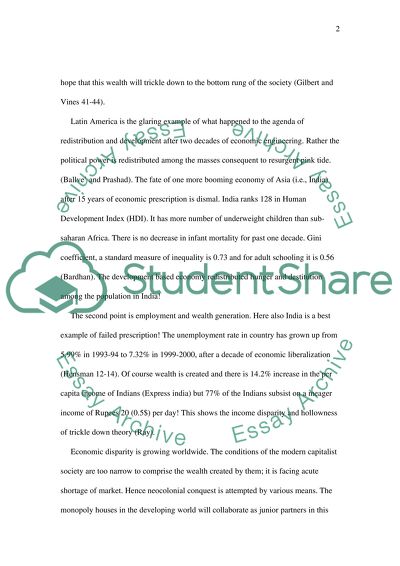Social-multinational companies and developing countries Essay. Retrieved from https://studentshare.org/sociology/1528785-social-multinational-companies-and-developing-countries
Social-Multinational Companies and Developing Countries Essay. https://studentshare.org/sociology/1528785-social-multinational-companies-and-developing-countries.


